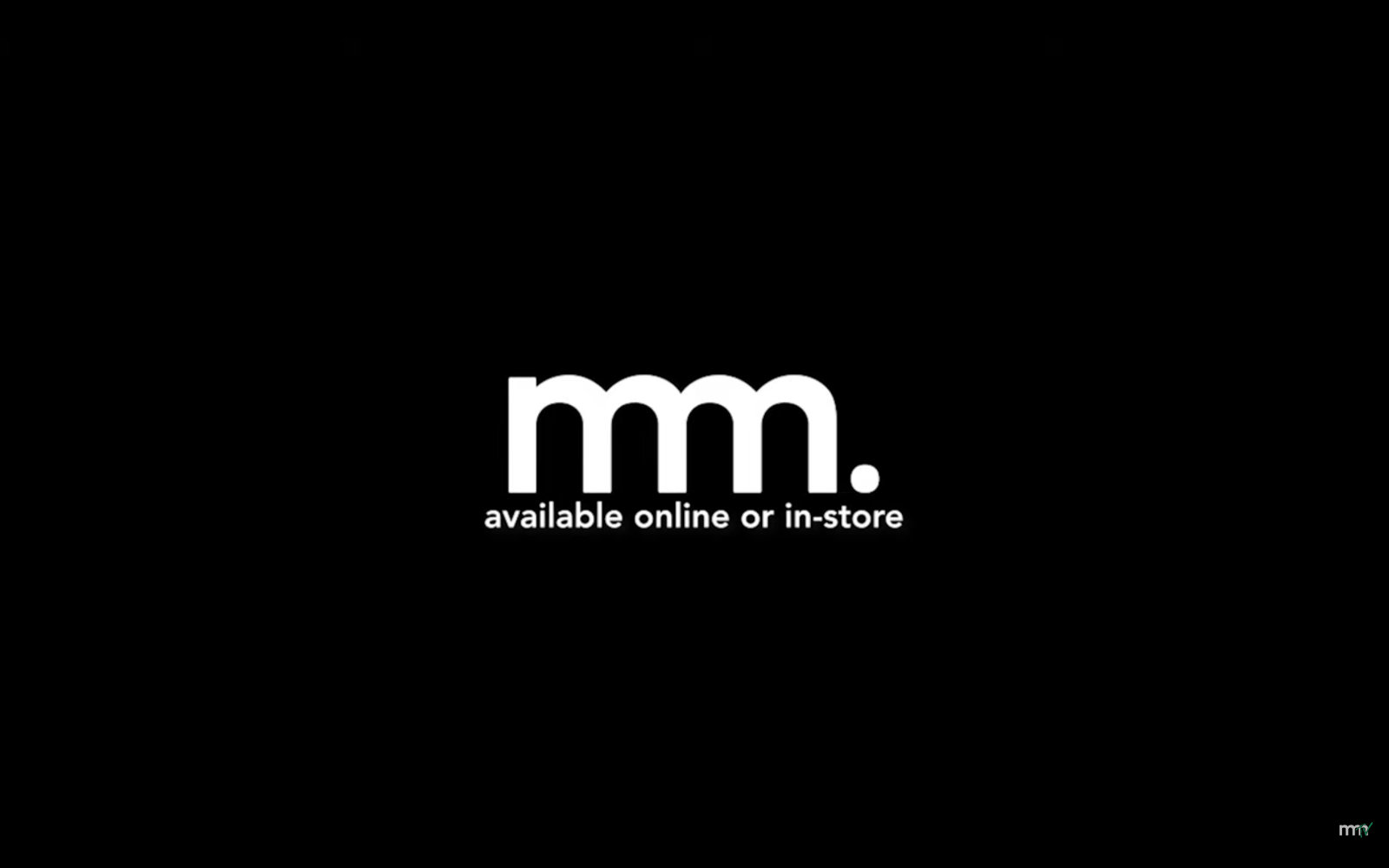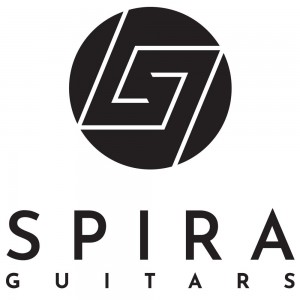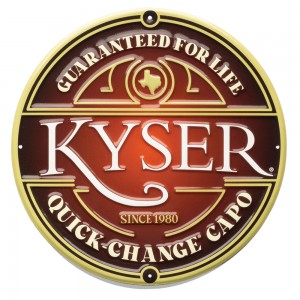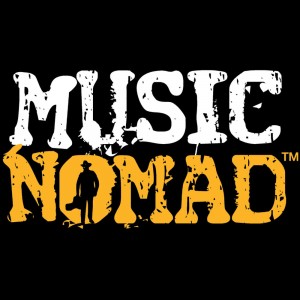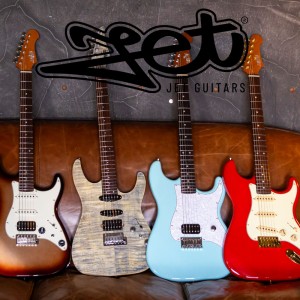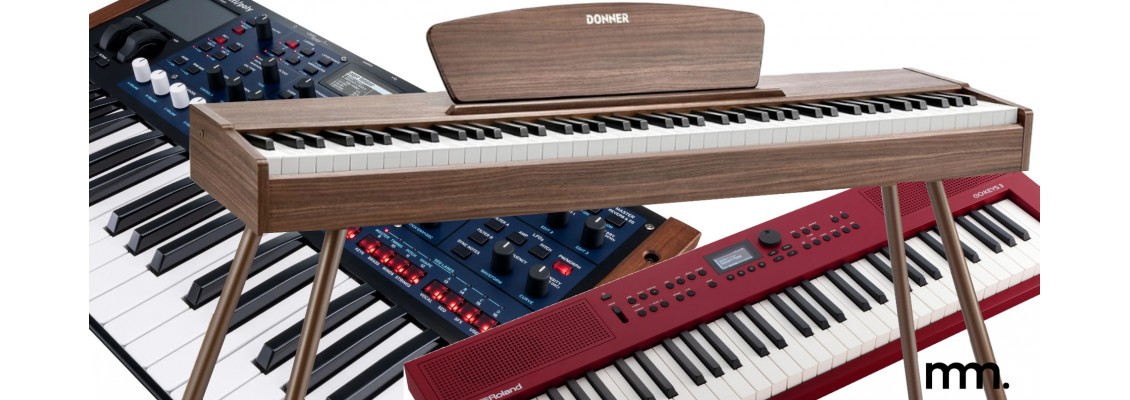
A Guide to Choosing the Right First Keyboard Instrument
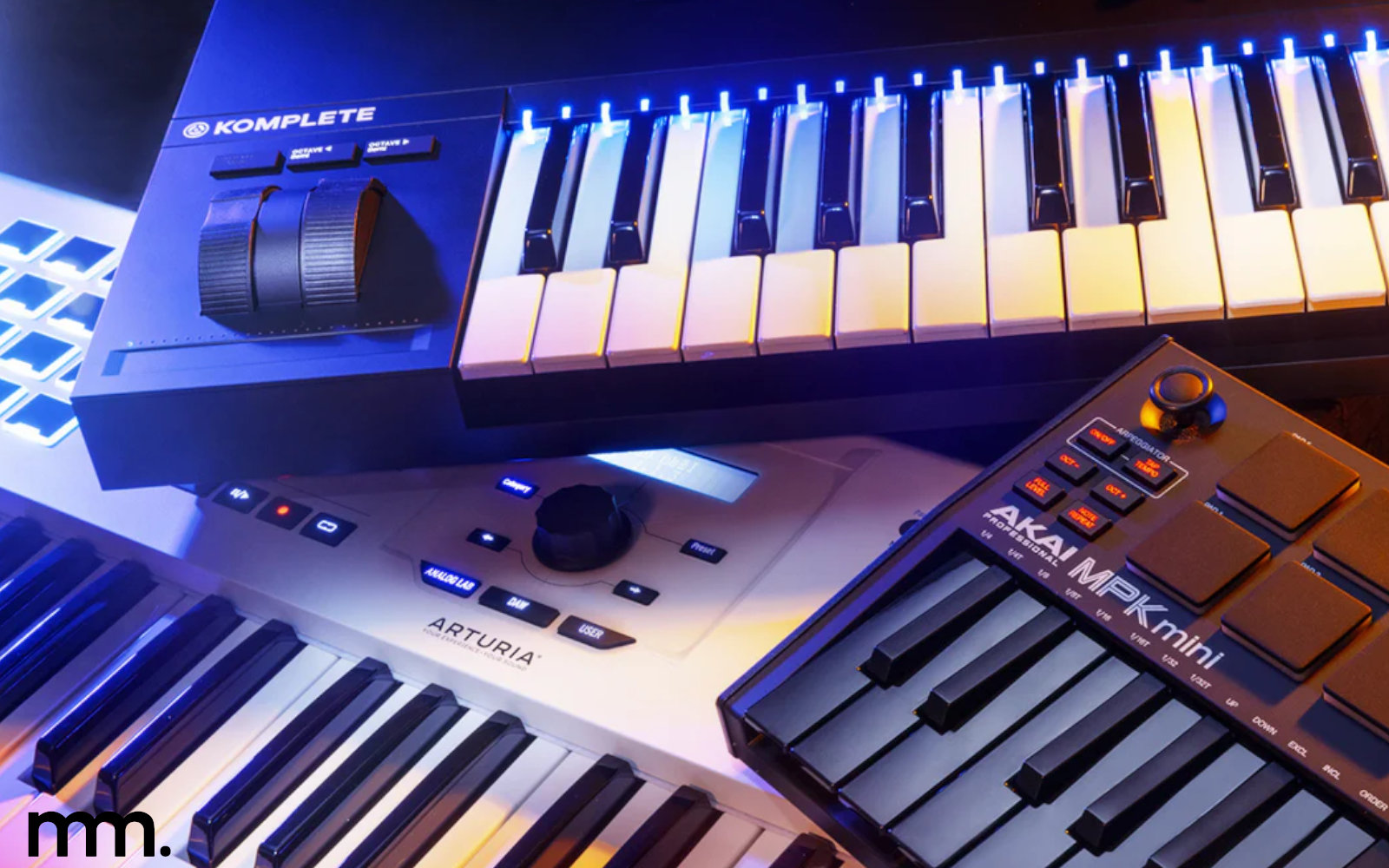
If your child, or you, or a partner, whatever, wants keys this year and you're stuck between “synth”, “keyboard”, or “digital piano” — you're not alone. Those terms pop up every hour in search bars: “difference between keyboard and digital piano”, “best synth vs keyboard for beginners Ireland”, “what’s a good first digital piano for kids”.
At Musicmaker Dublin, we help families cut through the confusion, match ambitions with gear, and give everyone something, hopefully, that they’ll love to practise on. Here’s how to decide — plus some of the top options from Roland, Korg, Donner that make the choice easier.
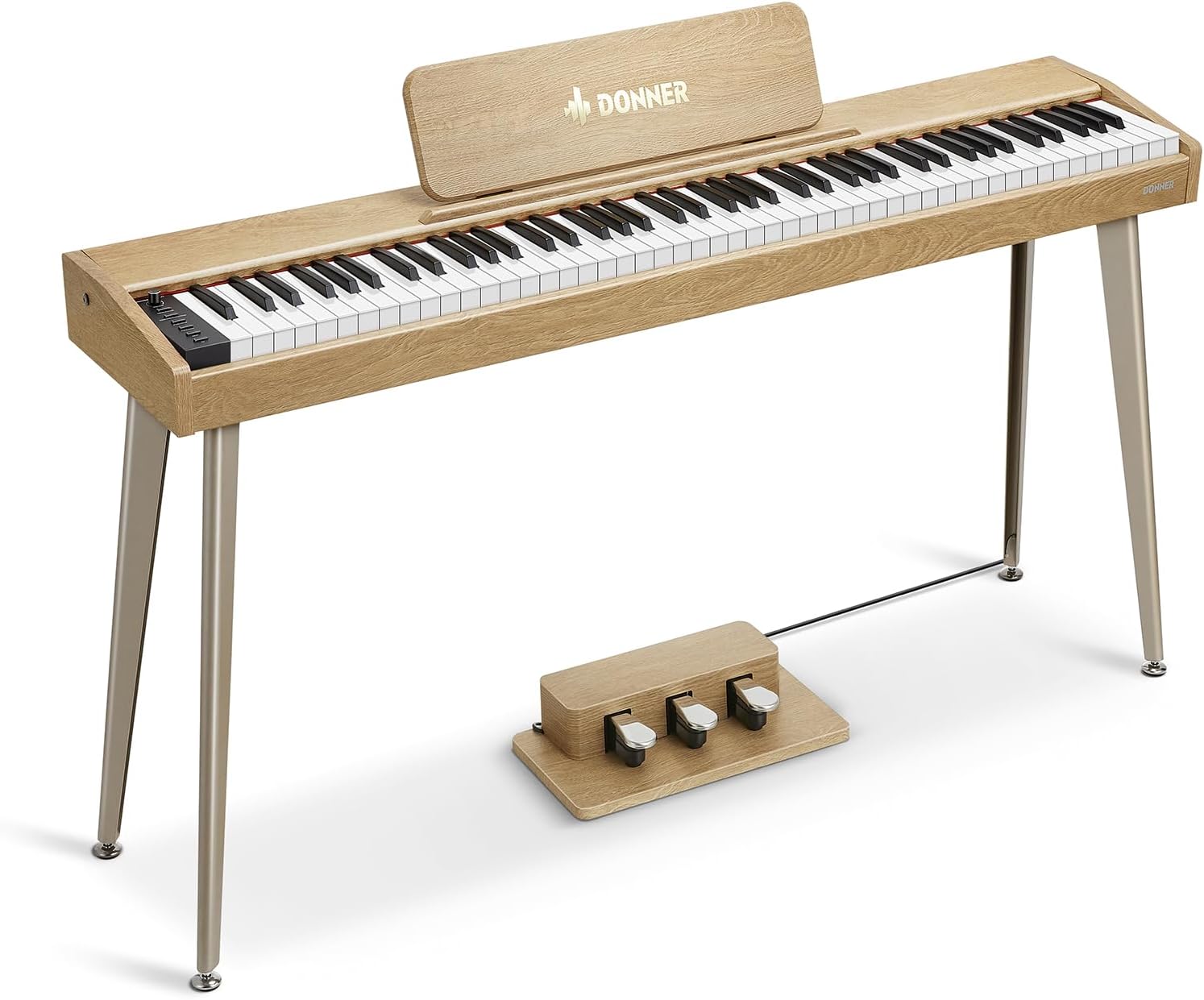
Donner Digital Pianos are both beautiful and functional
What’s the Difference Between Synths, Keyboards & Digital Pianos?
Digital Pianos
Digital pianos are built to feel and sound like a traditional acoustic piano. They often have a full 88-key layout, weighted or hammer-action keys, and a clean, focused sound that mimics a grand piano. If your child is starting lessons, preparing for exams (like RIAM or ABRSM), or planning to study classical or pop piano seriously, a digital piano is a brilliant choice. It builds proper finger strength and playing technique from day one.
Perfect for: Students preparing for lessons or piano exams, classical learners, or any child focused on becoming a confident pianist.
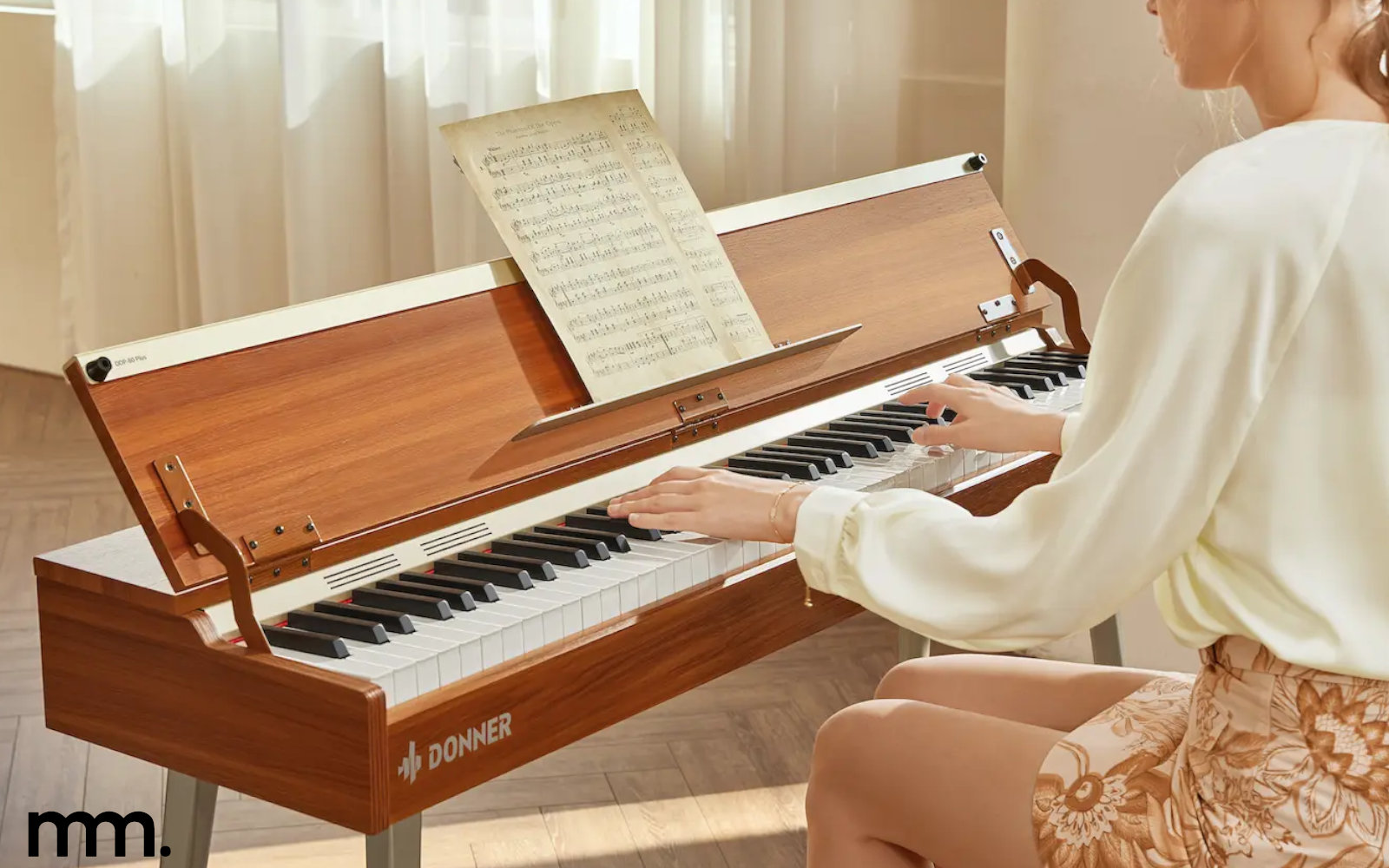
The Donner DDP-80 - available to test in Musicmaker today
Keyboards
Keyboards are the all-rounders of the music world. Lighter than digital pianos, they often come with 61 or 76 keys, a huge library of fun sounds (pianos, strings, drums, synths, you name it), rhythm accompaniments, and often recording options. They’re great for kids who want to explore music in different styles, start writing songs, or have fun jamming along with built-in rhythms. Most are compact and easy to store — ideal for smaller homes.
Perfect for: Curious beginners who want variety, music explorers, budding songwriters, and children who need a lightweight or portable option.
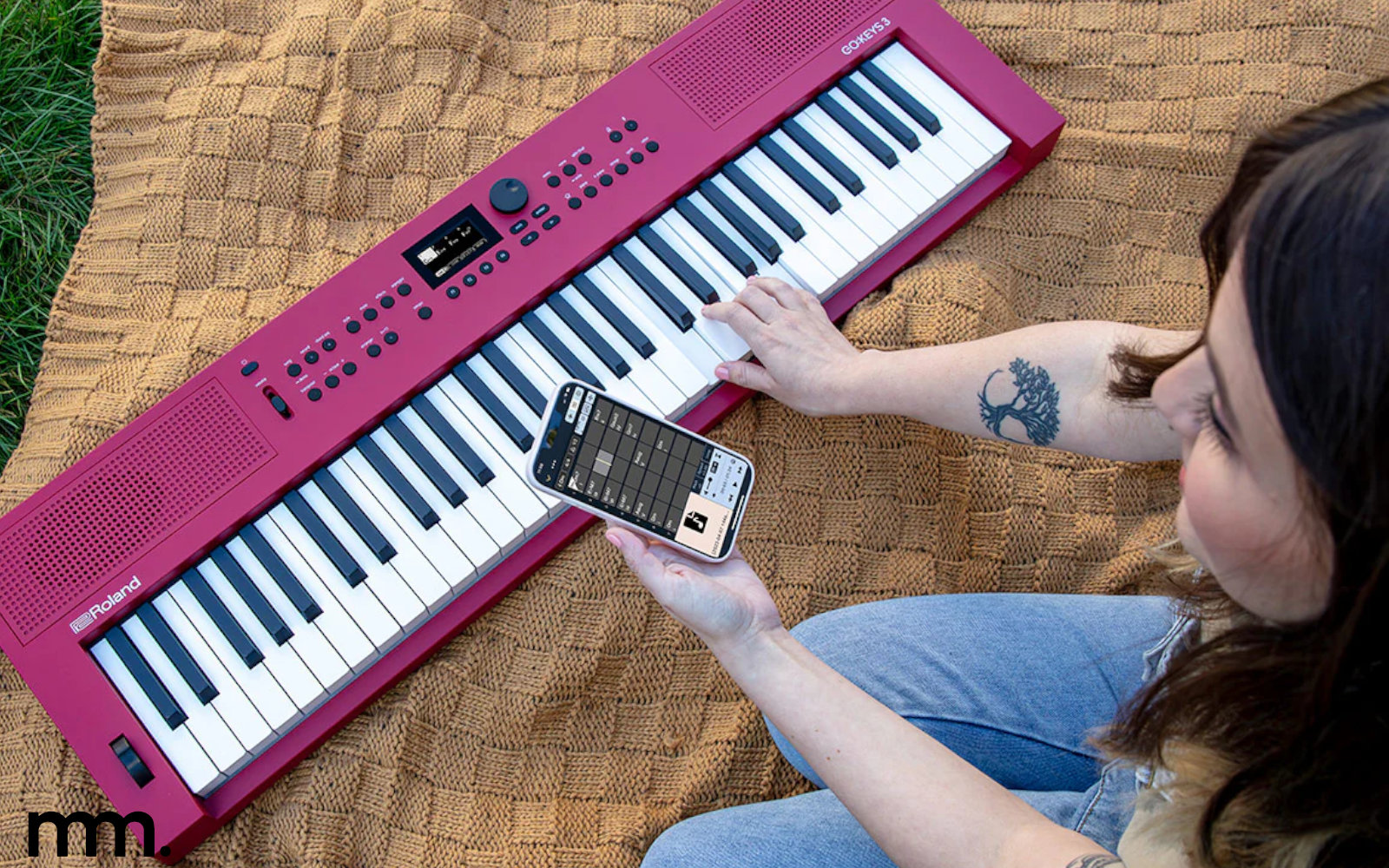
High quality and packed full of features - the Roland GO:KEYS3
Synthesizers (Synths)
Synths are where things get exciting and creative. Unlike keyboards or digital pianos, a synthesizer is designed to create and shape sound. They include oscillators, filters, effects, and all kinds of knobs and sliders to let kids design their own tones. While they might look like keyboards, they’re more suited to electronic music, sound design, and music production. If your child is into EDM, lo-fi beats, film scores, or loves tinkering with tech, a synth could open up a whole new world.
Perfect for: Older kids, teens, or techy learners who want to create unique sounds, dive into electronic music, or build their own songs from scratch.
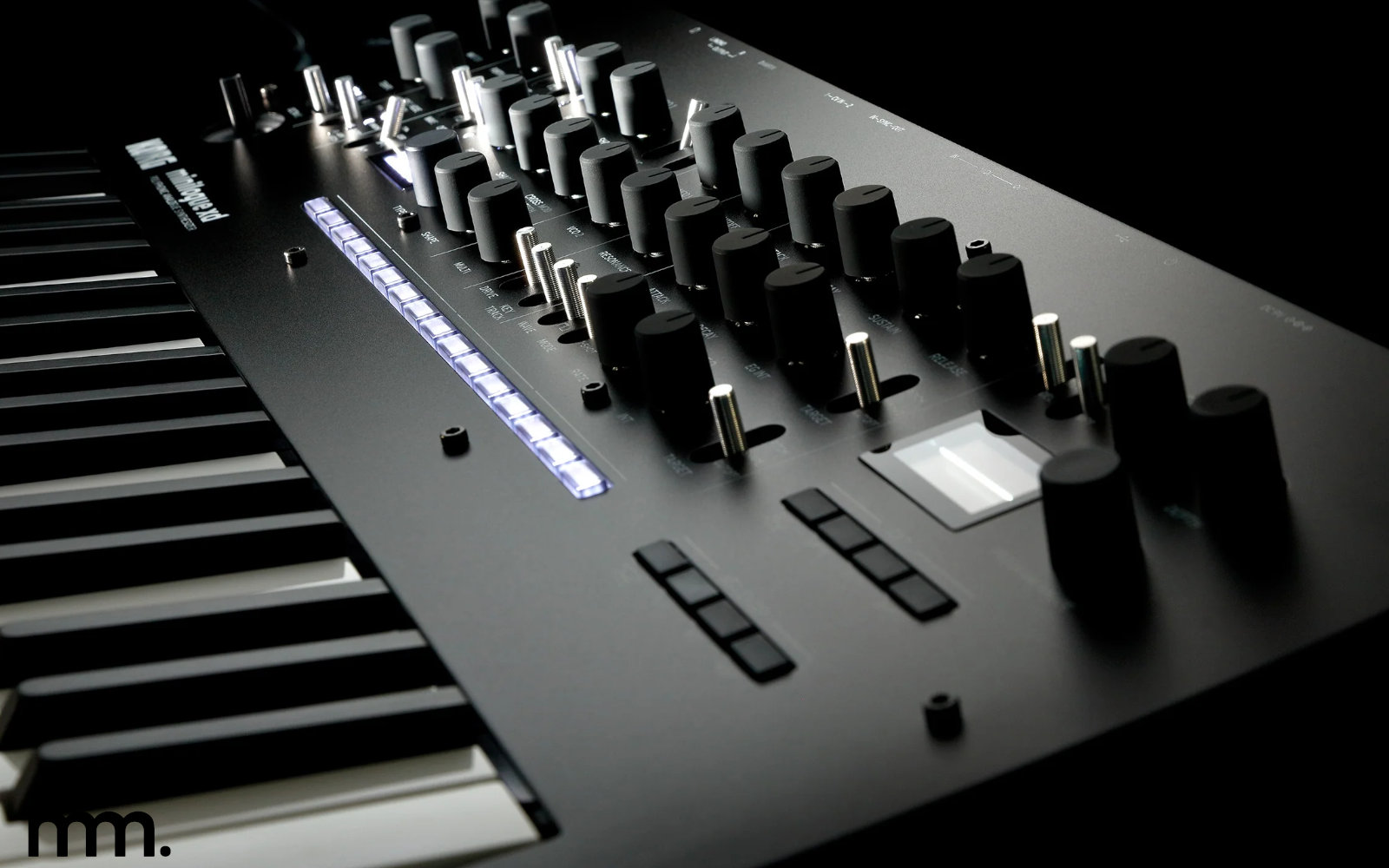
Knobs and dials - Check out our Synthesizers here......
How to Decide — What Fits Best for Your Child
Here are the factors parents almost always wish they considered first:
- Playing Style & Music Taste - Does your child love classical or pop piano? Or are they more into electronic, dance, film, or modern music? The more you lean electronic, the more a synth or keyboard with lots of voices makes sense.
- Touch & Feel - Weighted or hammer action (digital piano) feels more like an acoustic piano. Lighter, springy keys (many keyboards and synths) are easier to press and less tiring for small hands.
- Space & Portability - A full digital piano often takes up more room and is heavier. Keyboards and synths can be compact, lighter, often portable so easier to bring to lesson or class.
- Budget - Digital pianos (especially with real hammer action and good piano samples) tend to cost more. Keyboards and synths offer more “bang for buck” variety. Good accessories also matter: stand, pedal, headphones.
- Features & Future Use - Will the instrument need to record? MIDI output? More sounds down the road? If so, keyboard or synths may provide that flexibility. Also, having headphone output is great for quiet practice at home.
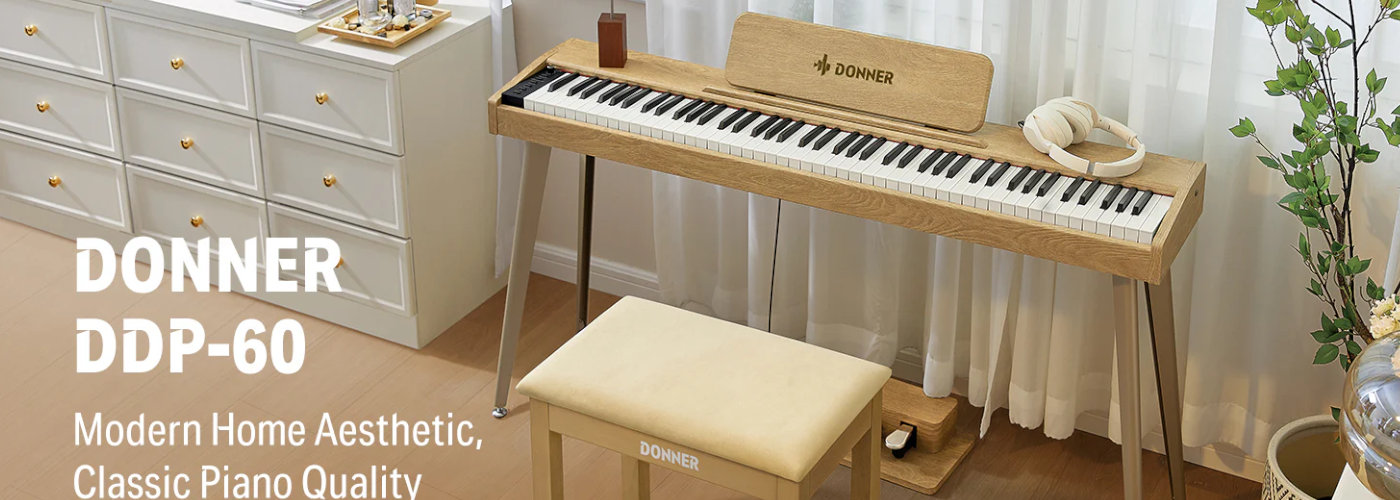
Recommended Gear at Musicmaker
Here are excellent models to match different needs and budgets. All in store or available to order for the festive season now, with expert setups so kids can try before they buy.
Instrument Type - Models That Hit the Sweet Spot
- Digital Pianos - The Donner Digital Piano series — great weighted‑key feel, realistic piano sound, ideal for school exam training or home practise.
- Keyboards - Roland GO:KEYS3 — light, playful, full of sounds, great for kids who want variety and portability; maybe record loops or learn accompany. Also Korg keyboards for those wanting more synthesis or stage‑performance features.
- Synths - Roland and Korg synthesizers — excellent for sound design, experimenting with tones, creating music beyond just piano/keyboard sounds. If the child is interested in electronic music, studio projects, etc., a synth offers huge creative scope.
Pros & Cons: Quick Breakdown
Digital Piano
- Pro: Genuine piano feel, great for mastering technique, staying in tune, strong musical foundation
- Con: Heavier, pricier, less flexible if you want more than piano sounds
Keyboard
- Pro: Loads of sounds, fun, affordable, portable, great starter options
- Con: Lighter feel, maybe less realistic piano tone
Synth
- Pro: Best for creativity, sound design, production work, modern genres
- Con: Steeper learning curve, sometimes overkill for pure beginners who want piano first
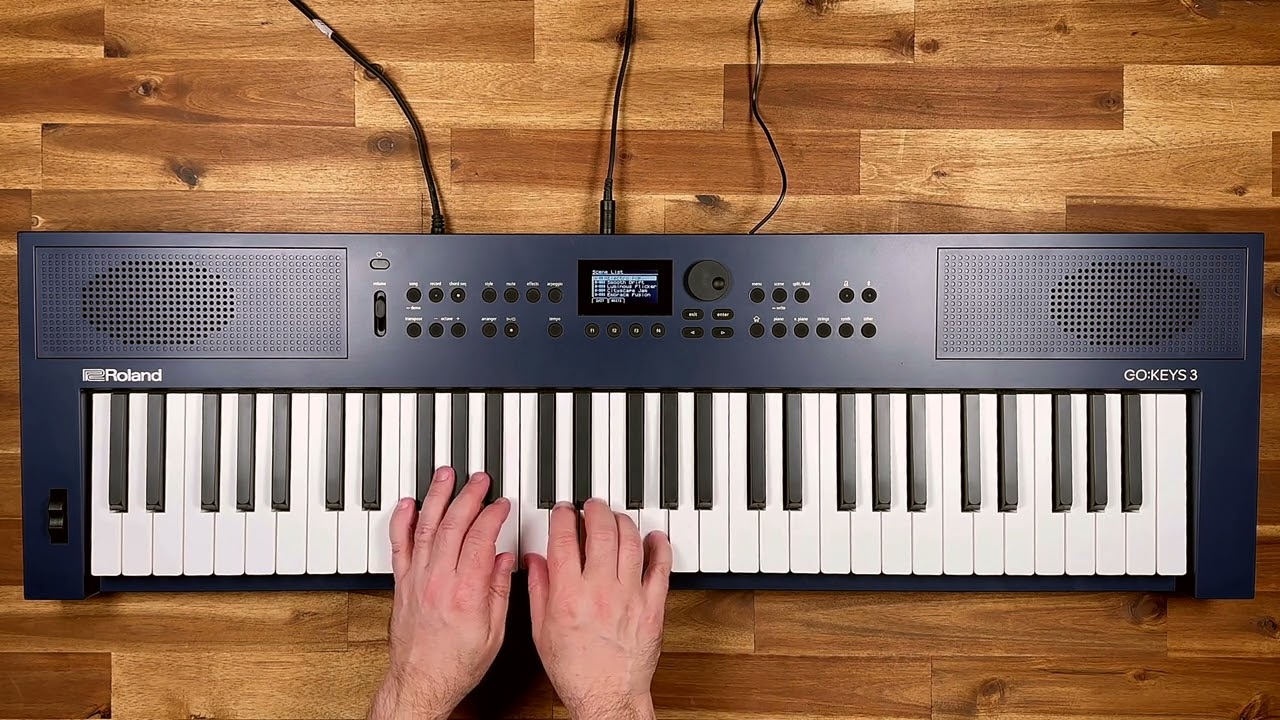
A greta way to inspire musical creativity - the Roland GO:KEYS3
For Parents: What to Ask When Shopping
- “Does this keyboard/instrument have weighted keys or at least semi‑weighted?”
- “Can I plug in headphones for quiet practise (important in shared homes)?”
- “Does it have a sustain pedal, and is that included or extra?”
- “What kind of power supply? Is it battery‑friendly or mains only?”
- “Is it easy to carry or move?”
- “What’s the warranty or support from Musicmaker if something goes wrong?”
FAQ – Parents’ Common Questions
Q: My child wants to learn classical style. Should they get a digital piano right away?
A: If budget allows, yes — a good digital piano will build the right technique. But a quality keyboard with weighted keys can still work, especially in early stages.
Q: Can a keyboard grow with a child, if they later want to switch to digital piano?
A: Definitely. Some keyboards act like stepping stones. Good sample sounds, decent key feel, headphones, etc., will make the transition smoother.
Q: If they want to write songs or record, should they get a synth?
A: Yes, but only if they’re excited by sound experimentation. A synth gives endless options, but starting simpler often maintains motivation.
Q: How much should I spend for a good beginner keyboard or digital piano in Ireland?
A: Depending on brand and features: a decent keyboard might start around mid‑€200s; a solid digital piano with weighted keys and good sound could be from mid‑€500 upwards. Donner, Roland, Korg are good brands where you get strong value.
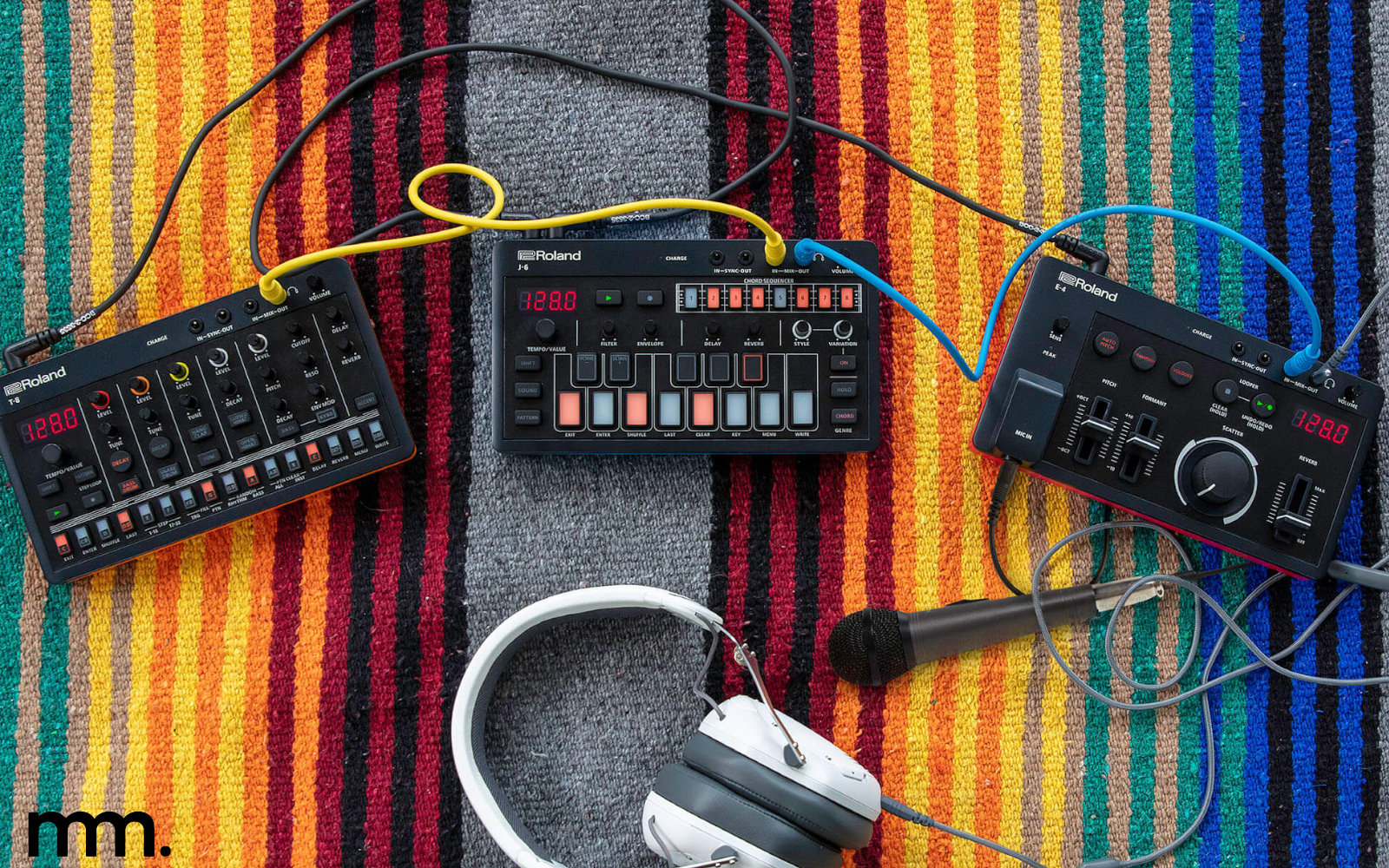
Roland Aira Synthesizers - Compact and Compatible, great for budding producers.
Final Thoughts – The Right Keys Unlock the Passion
Choosing between synths, keyboards and digital pianos is less about “which is best” and more about which feels right for your child’s passion, space, and budget. Whether they dream of concerts, composing electronic hymns, playing piano‑exam pieces, or just tinkering with beats — there is a perfect keyboard for them.
At Musicmaker Dublin, we don’t just sell instruments — we help stories begin. Come in, try out the models, hear the weighted keys, test the synth patches, and let your child find their sound. Because the best instrument is the one that gets played, again and again.
Got any questions at all? Why not get in touch via the Contact page or the Intercom button below.
We are always happy to help out.
